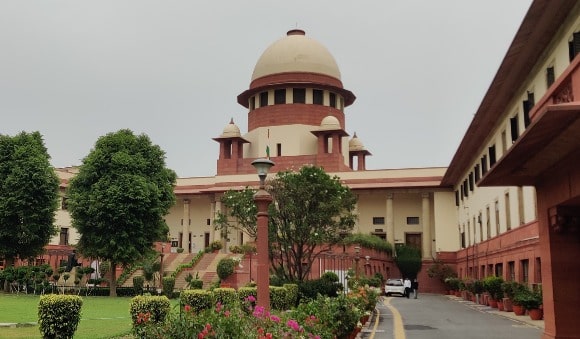
The Supreme Court on Wednesday stated that auditors cannot escape being probed or resign if a fraudulent case filed against their companies.
The observation was made by the apex court that overturned a Bombay High Court order that quashed the Serious Fraud Investigation Office (SFIO) complaint against Deloitte Haskins & Sells and KPMG arm BSR & Associates in the Infrastructure Leasing & Financial Services (IL&FS) financial fraud case.
A bench of Justice MR Shah and Justice MM Sundresh ruled that the High Court erred in holding that the resignation of the auditor means that the proceedings against the auditor before the NCLT under Section 140(5) will be terminated.
The Court explained that if such a position is taken, auditors will resign whenever they face proceedings, which could not have been the legislature’s intention.
“There must be a final order passed by tribunal irrespective of his resignation to see if he has colluded or acted in fraudulent manner,” the bench stated.
The bench was hearing the Central Government’s appeal of the Bombay High Court’s order to stay all prosecutions against BSR & Associates and Deloitte Haskins and Sells, both former auditors of IL&FS Financial Services Ltd, which were pending before the National Company Law Tribunal (NCLT). The High Court also upheld the constitutionality of Section 140(5).
The Supreme Court stated that the legislature’s intent behind section 140(5) is very clear, and that regardless of the other provisions of the act, the NCLT has the authority to determine whether the auditor acted fraudulently.
It also stated that section 140(5) cannot be considered an excessive or arbitrary use of power by NCLT to determine serious offenses and that NCLT must provide ample opportunity before passing a final order.
As a result, the Court reversed the Bombay High Court’s decision and ordered that proceedings resume before the trial court.
It held that section 140(5) is constitutionally valid because it does not violate articles 14 and 19 of the Indian Constitution because there is no manifest arbitrary use of power.




